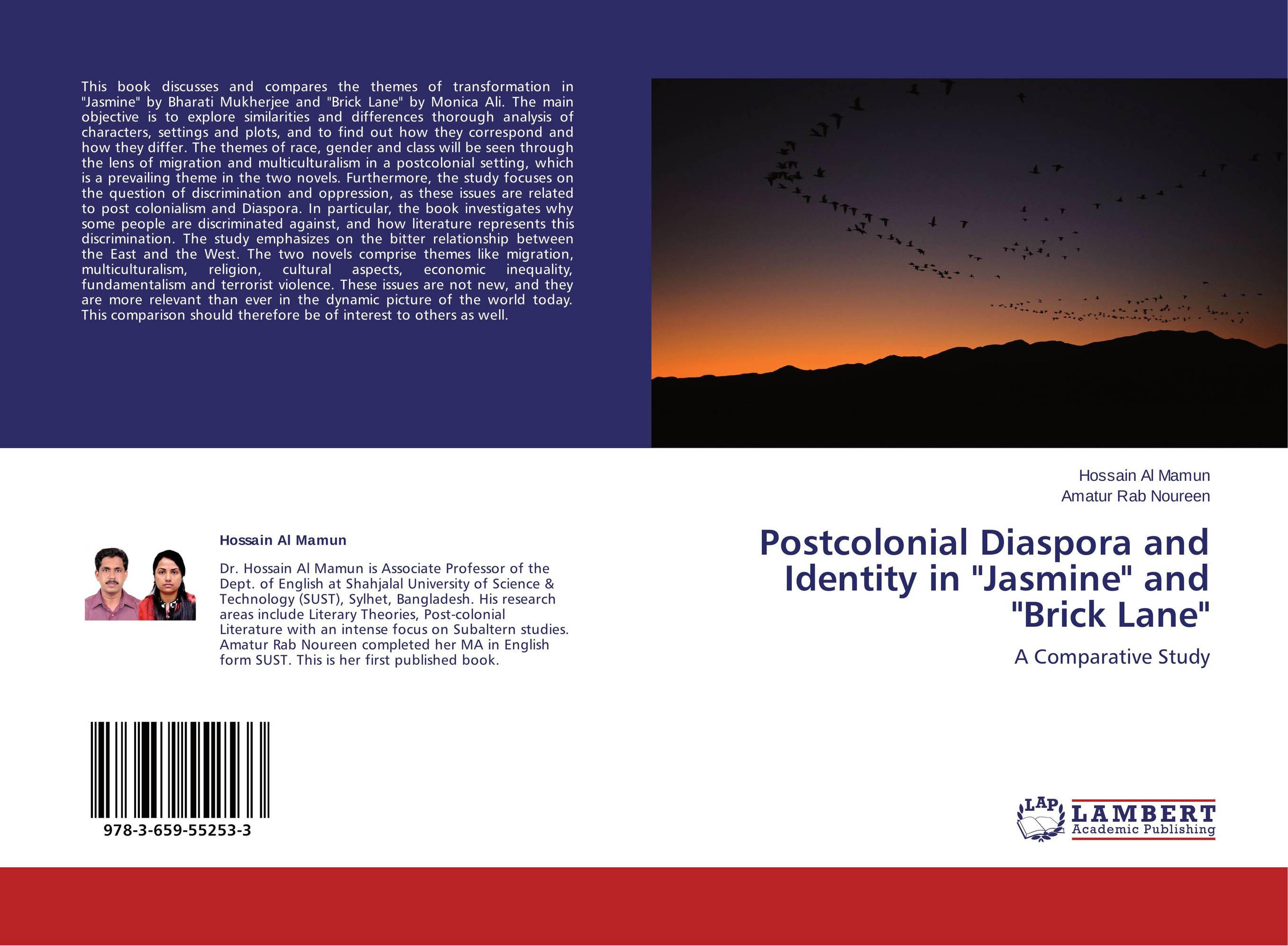| Поиск по каталогу |
|
(строгое соответствие)
|
- Профессиональная
- Научно-популярная
- Художественная
- Публицистика
- Детская
- Искусство
- Хобби, семья, дом
- Спорт
- Путеводители
- Блокноты, тетради, открытки
Postcolonial Diaspora and Identity in "Jasmine" and "Brick Lane". A Comparative Study

В наличии
| Местонахождение: Алматы | Состояние экземпляра: новый |

Бумажная
версия
версия
Автор: Hossain Al Mamun and Amatur Rab Noureen
ISBN: 9783659552533
Год издания: 2014
Формат книги: 60×90/16 (145×215 мм)
Количество страниц: 56
Издательство: LAP LAMBERT Academic Publishing
Цена: 23066 тг
Положить в корзину
Позиции в рубрикаторе
Отрасли знаний:Код товара: 135422
| Способы доставки в город Алматы * комплектация (срок до отгрузки) не более 2 рабочих дней |
| Самовывоз из города Алматы (пункты самовывоза партнёра CDEK) |
| Курьерская доставка CDEK из города Москва |
| Доставка Почтой России из города Москва |
Аннотация: This book discusses and compares the themes of transformation in "Jasmine" by Bharati Mukherjee and "Brick Lane" by Monica Ali. The main objective is to explore similarities and differences thorough analysis of characters, settings and plots, and to find out how they correspond and how they differ. The themes of race, gender and class will be seen through the lens of migration and multiculturalism in a postcolonial setting, which is a prevailing theme in the two novels. Furthermore, the study focuses on the question of discrimination and oppression, as these issues are related to post colonialism and Diaspora. In particular, the book investigates why some people are discriminated against, and how literature represents this discrimination. The study emphasizes on the bitter relationship between the East and the West. The two novels comprise themes like migration, multiculturalism, religion, cultural aspects, economic inequality, fundamentalism and terrorist violence. These issues are not new, and they are more relevant than ever in the dynamic picture of the world today. This comparison should therefore be of interest to others as well.
Ключевые слова: diaspora, Migration, Post-colonialism



